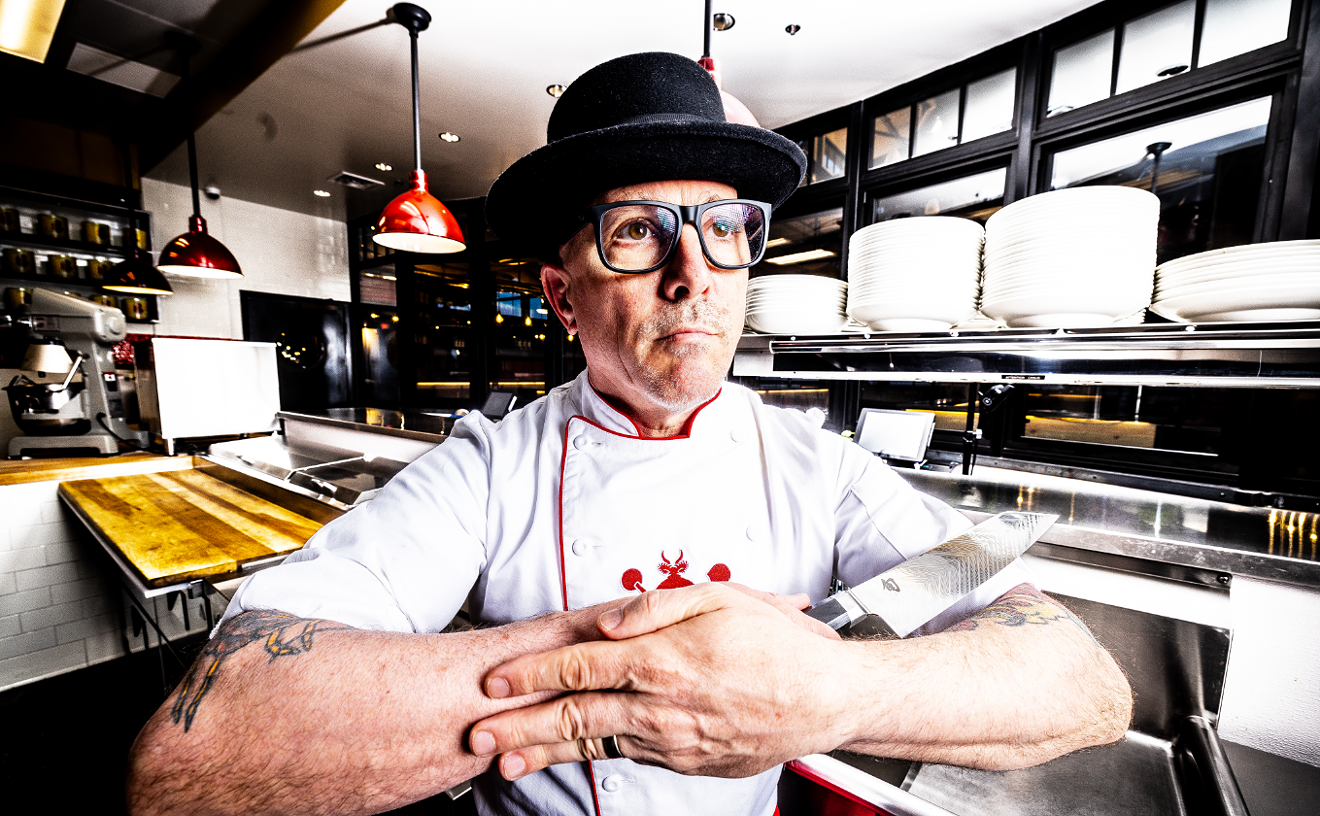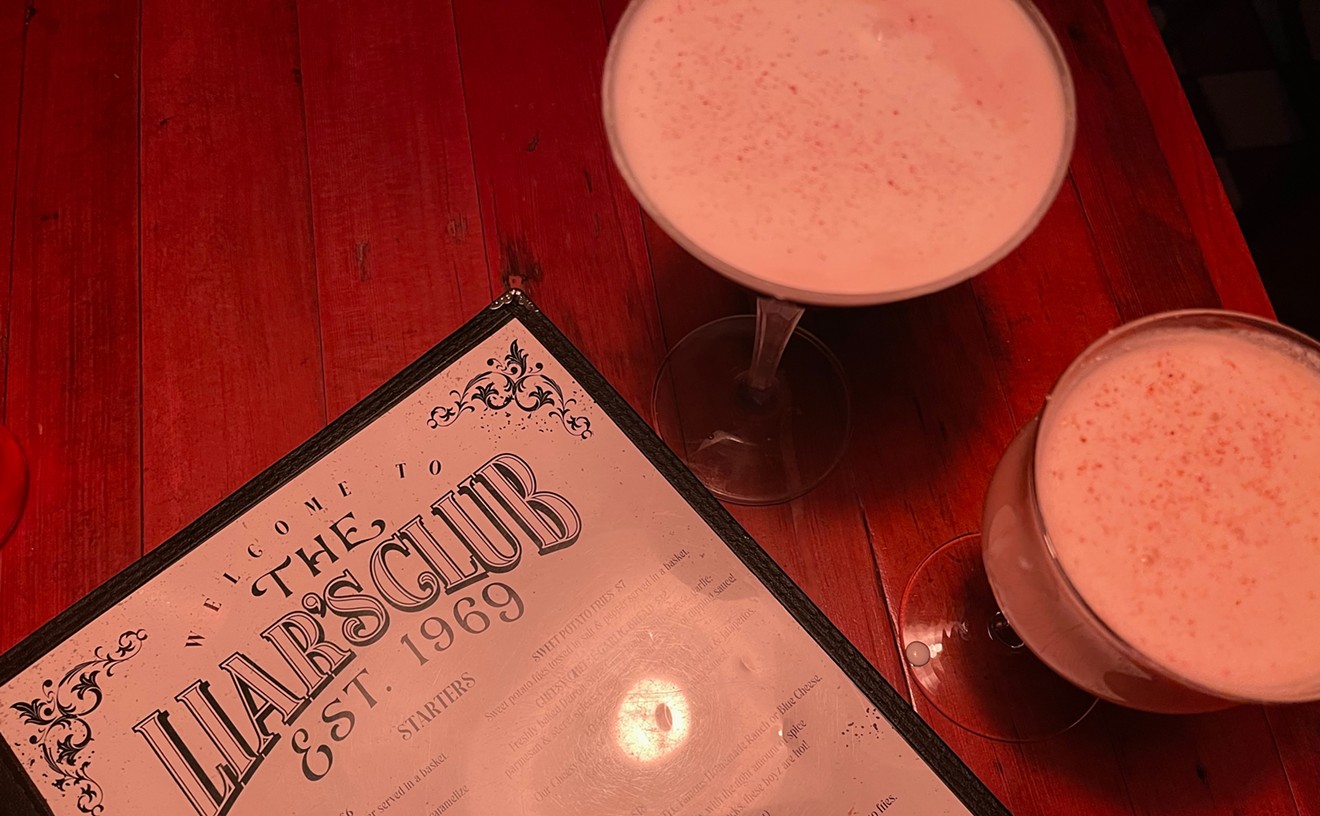Going by the code name Dominique, Charlotte joins a group of French Resistance fighters led by Julien Levade (Almost Famous' Billy Crudup). It is a lonely, frightening existence; warned not to trust anybody, she relies upon her own emotional and intellectual resources. Her lack of experience and her preoccupation with her personal mission lead to some terrible mistakes along the way. In the end, of course, her adventures in France constitute an empowering life journey.
Based on a best-selling novel, the movie is almost breathlessly girlish, the kind of chaste, fantasy romance-adventure that might be imagined by a girl of 11 still dreaming of her first kiss.
The film's subject matter -- an English woman working with the French Resistance in Vichy, France -- is wonderful, but to be emotionally effective the film needs to be a lot grittier. It doesn't have to achieve the heart-wrenching rawness of such Italian neorealist classics as Roberto Rossellini's 1946 Open City (and to even mention the two films in the same breath seems a sacrilege), but Charlotte Gray feels like a Reader's Digest, or perhaps Seventeen magazine, take on the war, with a the-summer-that-changed-my-life lack of sophistication that does an injustice to the topic. Though not everything ends happily for every character, there's still a sense of the story being wrapped up in a neat little package with a bow on top. And it just feels terribly false.
It's also a rather sanitized, clichéd version of the war: Julien hides two young Jewish brothers at his father's farmhouse, and everyone is so concerned with these two boys, and so much effort is expended on them, you'd think they were the only children in all of France at risk from the Nazis. The movie is not so much melodramatic as it is unconvincing, and laughable dialogue doesn't help. At one point, Charlotte tells Peter, "I want to be brave like you"; after she regrets losing her temper around the youngsters in her charge, Julien's father assures her, "Children can forgive almost everything." Even small story points prove irritating, because they seem movie-friendly rather than realistic. When cattle cars transporting Jews to a concentration camp pull out of the station, Charlotte runs alongside the train, desperately calling out to someone inside. Despite the noise level of the train and the dozens of other people calling out to their loved ones, Charlotte somehow miraculously connects with her friends, slipping them a note through the cracks in the boxcar.
And so much is made of the fact that the Allies need fluent French-speakers it seems absurd when Charlotte, along with everyone else in France, continues to speak English -- with English accents, no less. In the movie's defense, though, it doesn't portray Charlotte as some kind of superwoman. In fact, although it's a bit disconcerting at first, she's rather clumsy and clearly out of her depth, and her blunders come with terrible consequences. It's the sole bit of realism in a film that plays like History Channel soap opera.
Blanchett is onscreen for almost the entire picture, repeatedly photographed in dewy close-ups that emphasize her sympathetic eyes and soft, powdered cheeks. She never loses her femininity and never gets mud on her high heels, even when trampling down dirt roads. It's all a bit much. The normally impressive Crudup seems even more lost here than Blanchett. But, worst of all, Australian director Gillian Armstrong, who made a striking impression at the start of her career with such films as My Brilliant Career and High Tide, seems to have lost much of the passion and rawness that marked those earlier works. Charlotte Gray










